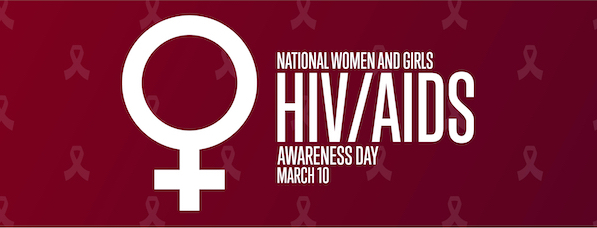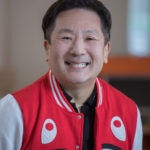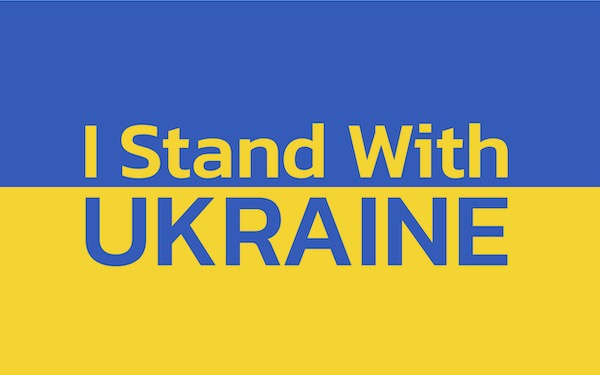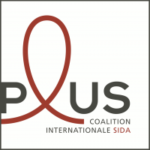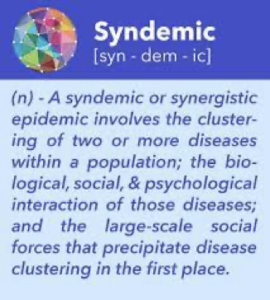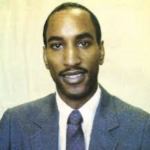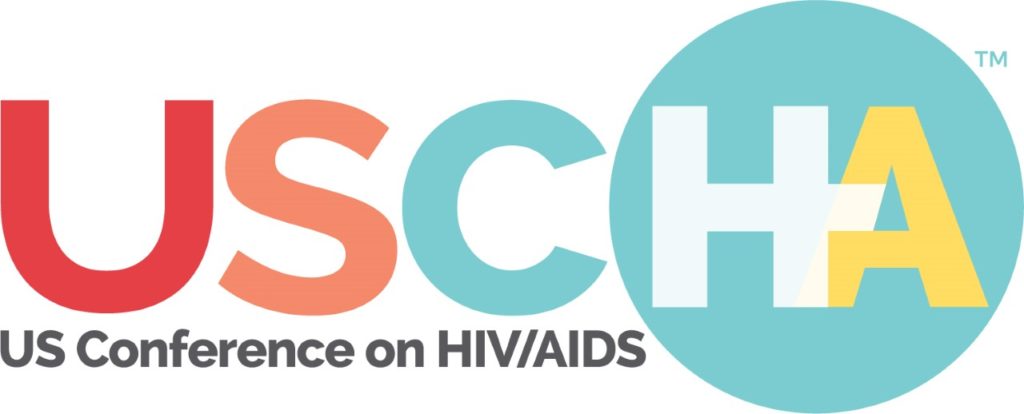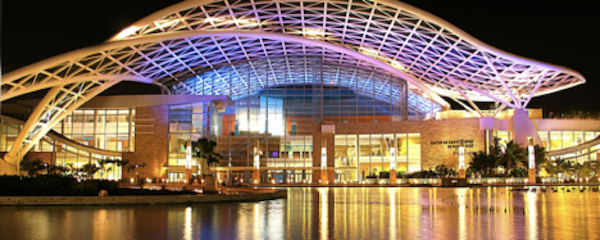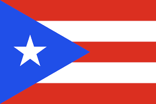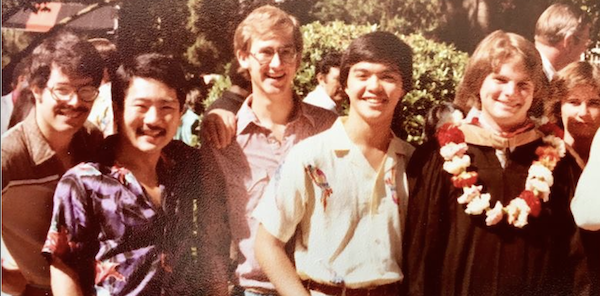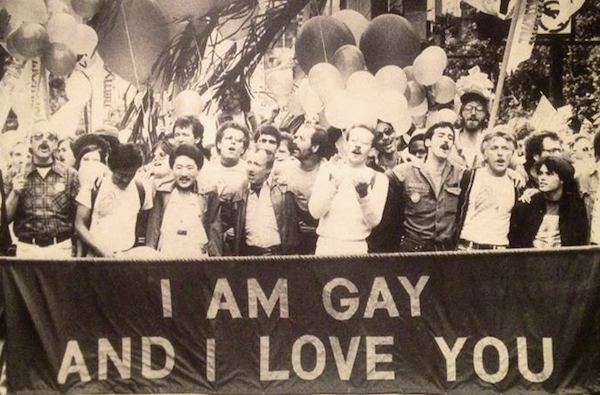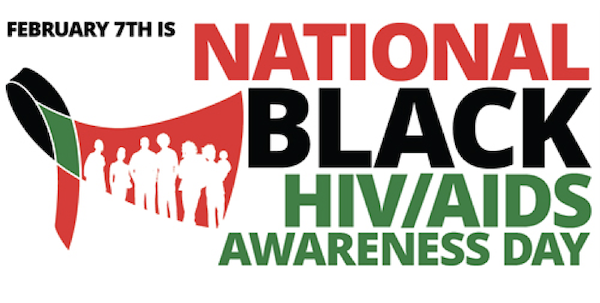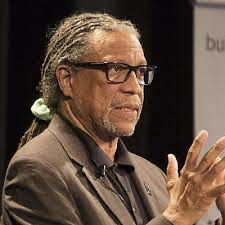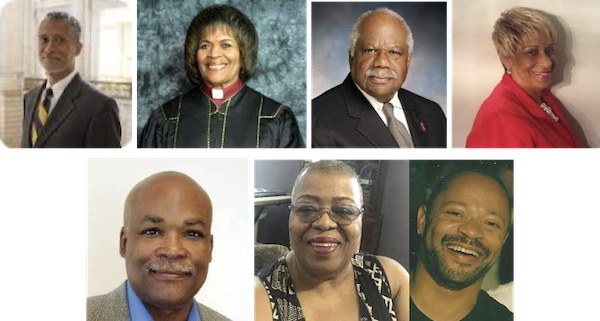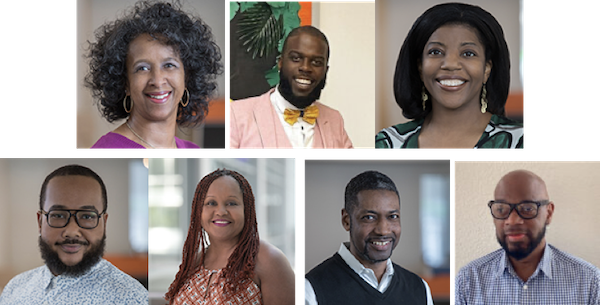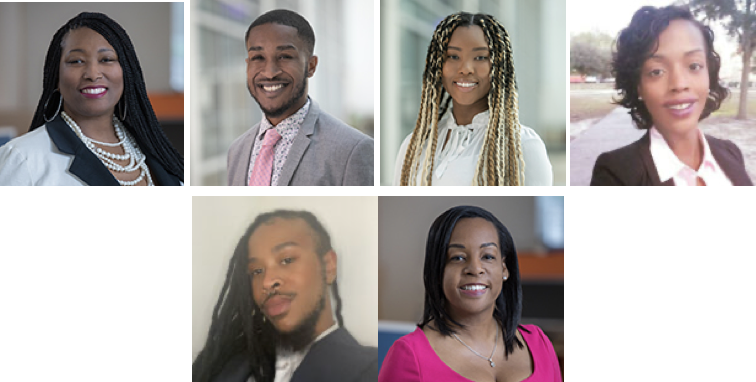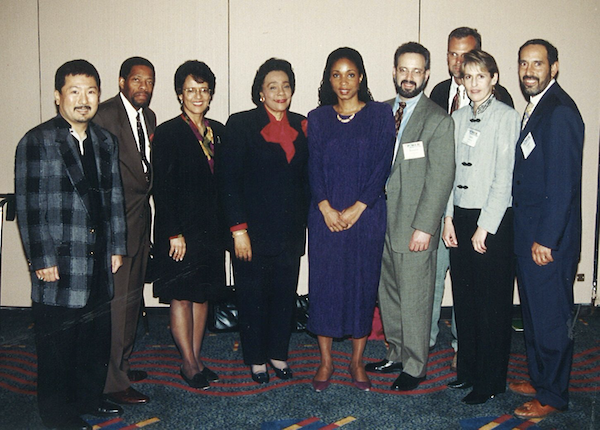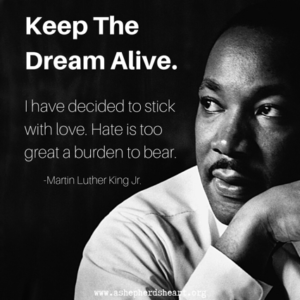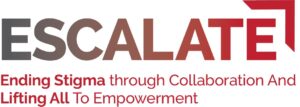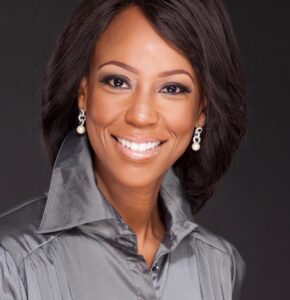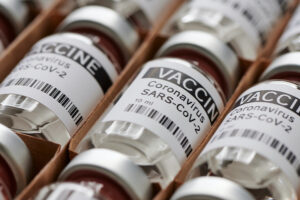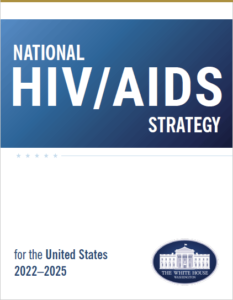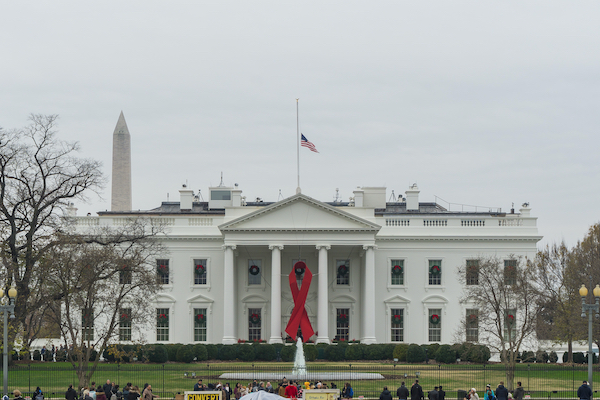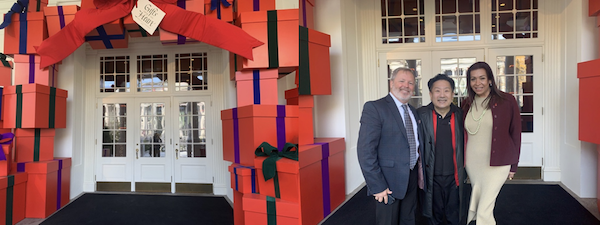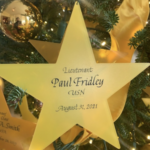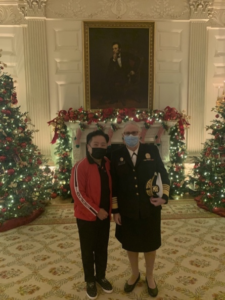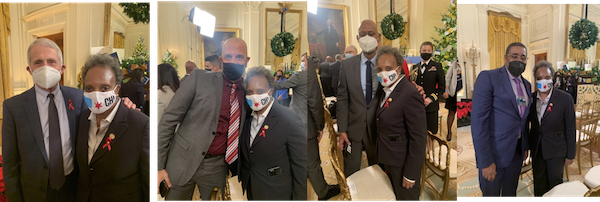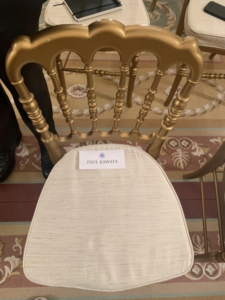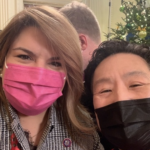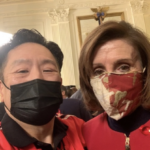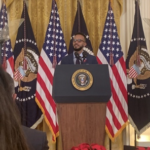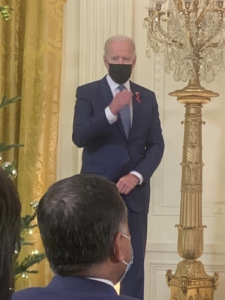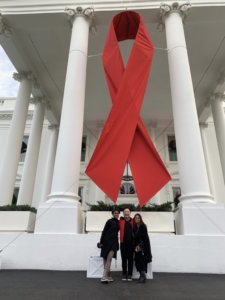March 10 is National Women and Girls HIV/AIDS Awareness Day. On this important day, NMAC stands in solidarity with women (cis and transgender women) living with HIV and the women working to end the HIV epidemic in America. They make NMAC a force of nature and this is my love letter to all the women in our movement. As a cisgender man, I will never fully understand what it means to be a cisgender Women or a Women of Transgender experience, but that does not mean I can’t stand in solidarity and support all women. Their stories are the fabric of our movement, both as people living with HIV and as the care and service backbone of our work. Portions of this e-newsletter were published last November, but on #NWGHAAD I wanted to update.
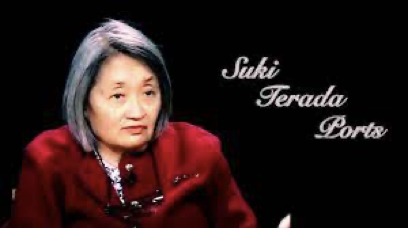 Women have always played a critical role at NMAC. Suki Terada Ports is not only my mother in the movement, she is also one of the founders of NMAC. Like many mothers, she drives me crazy, and I am inspired by her courage to stand up and speak her truth to power. Suki always reminded me to stand up for women. She was on the board of WARN (Women’s AIDS Resource Network) and Iris House. She was also the reason I fight so hard against the label of “other.” Suki understood the importance of counting American Indian, Alaska Natives, Asians, Native Hawaiian, and Pacific Islanders in HIV epi profiles. Recently Suki received the Emperor of Japan’s Order of the Rising Sun, Gold, and Silver Rays. Suki is so much more than these words, Suki is the mother to many women, American Indian, Alaska Natives, Asians, Native Hawaiian, and Pacific Islanders leaders. She gave me the courage and acceptance that was not given by my family.
Women have always played a critical role at NMAC. Suki Terada Ports is not only my mother in the movement, she is also one of the founders of NMAC. Like many mothers, she drives me crazy, and I am inspired by her courage to stand up and speak her truth to power. Suki always reminded me to stand up for women. She was on the board of WARN (Women’s AIDS Resource Network) and Iris House. She was also the reason I fight so hard against the label of “other.” Suki understood the importance of counting American Indian, Alaska Natives, Asians, Native Hawaiian, and Pacific Islanders in HIV epi profiles. Recently Suki received the Emperor of Japan’s Order of the Rising Sun, Gold, and Silver Rays. Suki is so much more than these words, Suki is the mother to many women, American Indian, Alaska Natives, Asians, Native Hawaiian, and Pacific Islanders leaders. She gave me the courage and acceptance that was not given by my family.
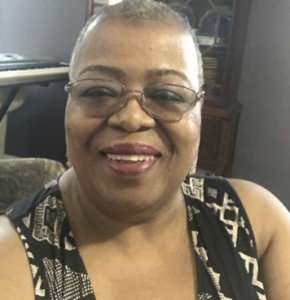 A Social Worker by profession, Marie Saint Cyr was the founding executive director of WARN (Women’s AIDS Resource Network) and Iris House and a founding NMAC board member. Marie was a fierce advocate for her communities, particularly Haitians and women. She went back to Haiti after the earthquakes to help rebuild her country. At NMAC board meetings, she was always the voice of reason and the person who wanted to make sure that NMAC’s work benefited the communities most in need. I’ve lost touch with Marie. Please forward this e-newsletter to her, tell her I miss her and would love to talk. That’s the thing about this work: there are some amazing people who come in and out of your life. While I want to hold them close, I also understand that she has her path. Even if we are apart, she continues to shape NMAC’s fight to always prioritize community.
A Social Worker by profession, Marie Saint Cyr was the founding executive director of WARN (Women’s AIDS Resource Network) and Iris House and a founding NMAC board member. Marie was a fierce advocate for her communities, particularly Haitians and women. She went back to Haiti after the earthquakes to help rebuild her country. At NMAC board meetings, she was always the voice of reason and the person who wanted to make sure that NMAC’s work benefited the communities most in need. I’ve lost touch with Marie. Please forward this e-newsletter to her, tell her I miss her and would love to talk. That’s the thing about this work: there are some amazing people who come in and out of your life. While I want to hold them close, I also understand that she has her path. Even if we are apart, she continues to shape NMAC’s fight to always prioritize community.
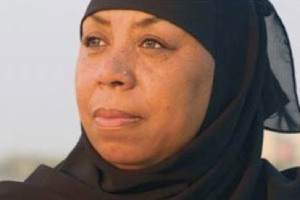 Rashidah Abdul-Khabeer (formerly Hassan) has spent most of her life in Philadelphia, where she grew up amidst the social change and political ferment of the 1950s and 1960s. She began to volunteer with Philadelphia AIDS groups, which were primarily oriented toward white gay men, and became frustrated with their apparent unwillingness to develop specific outreach and education efforts for African Americans. In 1985 she founded Blacks Educating Blacks About Sexual Health Issues (BEBASHI), one of the country’s first black AIDS service organizations. She is also a founding NMAC board member.
Rashidah Abdul-Khabeer (formerly Hassan) has spent most of her life in Philadelphia, where she grew up amidst the social change and political ferment of the 1950s and 1960s. She began to volunteer with Philadelphia AIDS groups, which were primarily oriented toward white gay men, and became frustrated with their apparent unwillingness to develop specific outreach and education efforts for African Americans. In 1985 she founded Blacks Educating Blacks About Sexual Health Issues (BEBASHI), one of the country’s first black AIDS service organizations. She is also a founding NMAC board member.
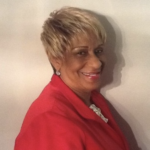 Sandra Singleton McDonald, affectionately known as “Ms. Mac” is President and Founder of OUTREACH, INC., the first minority community-based organization established in Georgia to provide HIV/AIDS and drug treatment and prevention services to African American communities. Established in 1986 out of the trunk of her car, the agency has served more than 6,500 clients for over 30 years. Sandra has also consulted with the National Football League, National Basketball Association, and the National Basketball Players Association. She is also a founding NMAC board member.
Sandra Singleton McDonald, affectionately known as “Ms. Mac” is President and Founder of OUTREACH, INC., the first minority community-based organization established in Georgia to provide HIV/AIDS and drug treatment and prevention services to African American communities. Established in 1986 out of the trunk of her car, the agency has served more than 6,500 clients for over 30 years. Sandra has also consulted with the National Football League, National Basketball Association, and the National Basketball Players Association. She is also a founding NMAC board member.

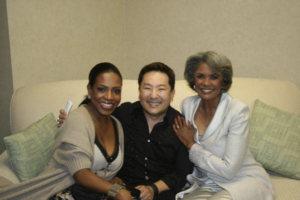 Some amazing women of historical note have been on our board including NMAC’s Honorary Board Chair Patti LaBelle. Ms. Patti was part of NMAC’s HIV treatment education campaign on PCP. She lent her voice, talent, and money to help build NMAC. The legendary jazz singer Nancy Wilson joined our board in 2005. Her concert to celebrate NMAC ‘s 20th Anniversary is still on YouTube.
Some amazing women of historical note have been on our board including NMAC’s Honorary Board Chair Patti LaBelle. Ms. Patti was part of NMAC’s HIV treatment education campaign on PCP. She lent her voice, talent, and money to help build NMAC. The legendary jazz singer Nancy Wilson joined our board in 2005. Her concert to celebrate NMAC ‘s 20th Anniversary is still on YouTube.
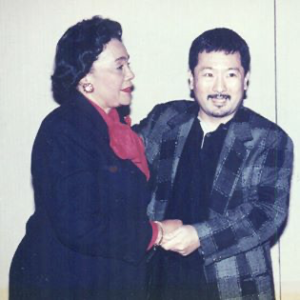 Mrs. Coretta Scott King attended both USCA and our Community Planning Leadership Summit. It was at the USCA in Atlanta that Mrs. King hosted a reception where the Civil Rights Movement saluted the HIV movement. She brought icons from her struggle to the Opening USCA reception in order to build bridges and understanding about the linkages between our movements. Mrs. King brought a voice of love and compassion for people living with HIV/AIDS at a time when too many other leaders had turned their backs.
Mrs. Coretta Scott King attended both USCA and our Community Planning Leadership Summit. It was at the USCA in Atlanta that Mrs. King hosted a reception where the Civil Rights Movement saluted the HIV movement. She brought icons from her struggle to the Opening USCA reception in order to build bridges and understanding about the linkages between our movements. Mrs. King brought a voice of love and compassion for people living with HIV/AIDS at a time when too many other leaders had turned their backs.
Women play a central leadership role at NMAC and within our movement. While there is not enough space to share everyone’s story, here are just a small fraction of the women who make NMAC the agency our movement needs to end the epidemic. Here are the women at NMAC. We are a better agency because of their leadership.
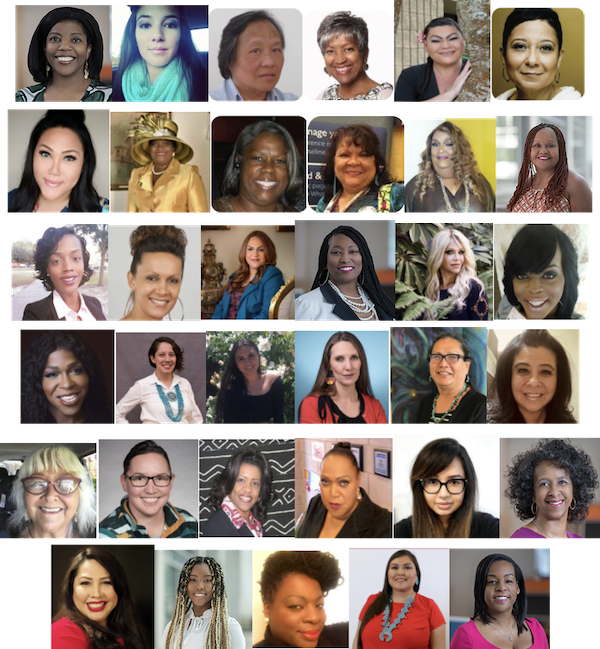
I am so grateful to stand with these women. They are the heart and soul of NMAC and our movement. Thank you.
Yours in the Struggle,
Paul Kawata
NMAC
